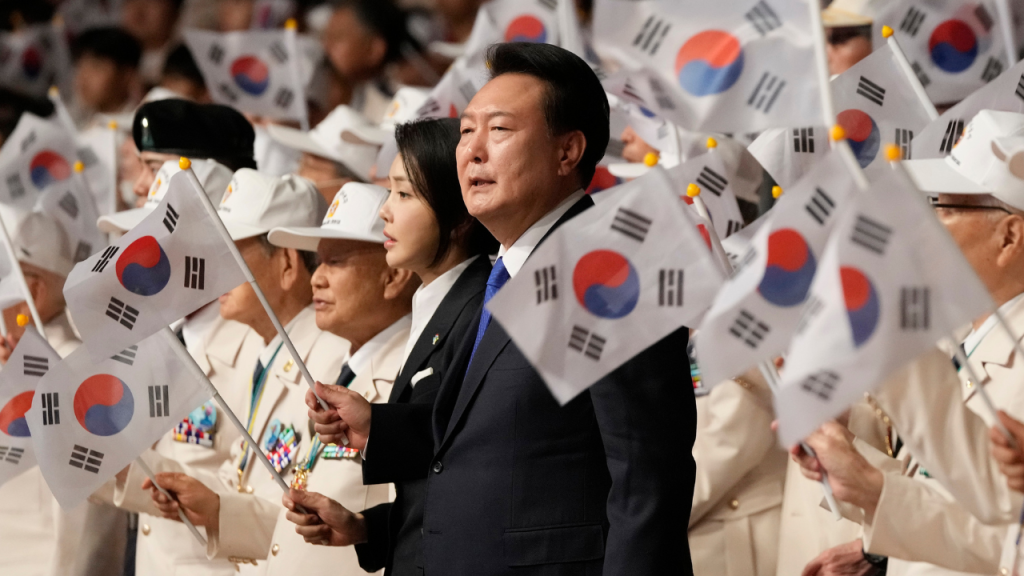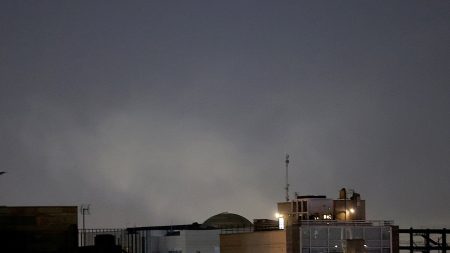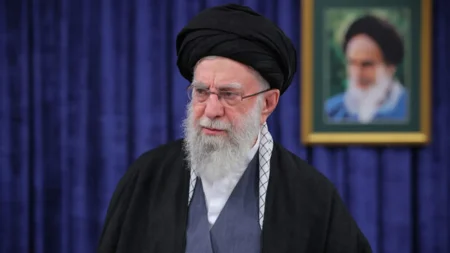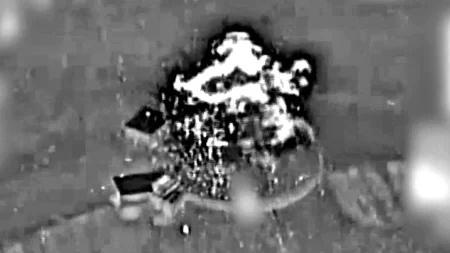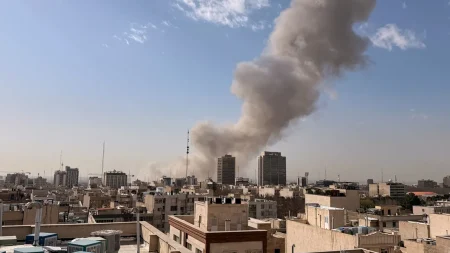South Korean President Yoon Suk Yeol found himself embroiled in a profound political crisis following his short-lived declaration of martial law, culminating in an impending impeachment vote and widespread calls for his resignation. The controversial martial law order, issued on Tuesday, characterized the parliament as a “den of criminals” obstructing state affairs and vowed to eliminate “shameless North Korea followers and anti-state forces.” This dramatic move, met with immediate resistance, saw special forces troops surrounding the parliament building and army helicopters hovering overhead, a stark display of power that reverberated throughout the nation. The National Assembly, however, acted swiftly and unanimously voted to overturn the declaration, forcing Yoon to lift it mere hours after its implementation. This unprecedented action marked the first declaration of martial law in South Korea in over four decades.
Yoon’s martial law declaration sparked immediate outrage and fueled accusations of a self-coup, prompting opposition lawmakers to draft an impeachment motion on rebellion charges. The opposition parties, holding a substantial majority in the legislature, required only a handful of votes from Yoon’s own conservative People Power Party to secure the two-thirds majority needed for impeachment. While the party officially opposed impeachment, internal dissent grew, with some members calling for the president’s removal. The impeachment vote, scheduled for Saturday afternoon, loomed large, threatening to further destabilize the already turbulent political landscape.
Adding to the mounting pressure on Yoon were allegations of his intent to detain key political figures during the period of martial law. Prime Minister Han Duck-soo, second in command, claimed to have received intelligence indicating that Yoon ordered the defense counterintelligence commander to arrest and detain prominent politicians, including Han himself, opposition leader Lee Jae-myung, and National Assembly speaker Woo Won Shik, on accusations of “anti-state activities.” These allegations, if substantiated, would further erode public trust and intensify calls for Yoon’s removal.
In a televised address on Saturday morning, just hours before the scheduled impeachment vote, President Yoon Suk Yeol issued a public apology for his martial law declaration. Acknowledging the anxiety and inconvenience caused by his actions, he expressed remorse and apologized to the South Korean people. While accepting responsibility for the declaration, he stated he would not face legal or political repercussions and vowed not to attempt another imposition of martial law. He deferred to his party to chart a course forward, including addressing matters related to his presidency. This apologetic address, however, did little to quell the growing dissent and calls for his resignation or impeachment.
The aftermath of Yoon’s martial law declaration saw thousands of South Koreans taking to the streets of Seoul in protest. Waving banners, chanting slogans, and even adapting K-pop lyrics to demand Yoon’s removal, the demonstrations reflected the widespread public disapproval of the president’s actions. Prime Minister Han Duck-soo, following Yoon’s televised apology, reiterated his call for the president’s resignation, asserting that Yoon was no longer capable of effectively carrying out his official duties. Han’s public pronouncements, coupled with the ongoing protests, significantly amplified the pressure on Yoon, painting a grim picture of his political future.
The unfolding crisis in South Korea underscored the deep political divisions within the country and the fragility of its democratic institutions. The impeachment vote, hanging precariously in the balance, held the potential to dramatically reshape the political landscape. If impeached, Yoon’s powers would be suspended pending a decision by the Constitutional Court on his removal. Prime Minister Han would assume presidential responsibilities in the interim. Should the court ultimately remove Yoon from office, a snap election would be required within 60 days to choose his successor. The ramifications of this political turmoil extended far beyond South Korea’s borders, with international observers closely monitoring the situation and its potential impact on regional stability.





